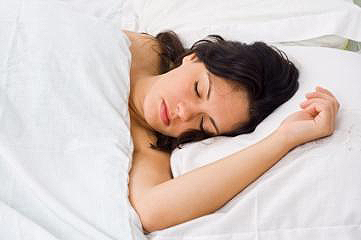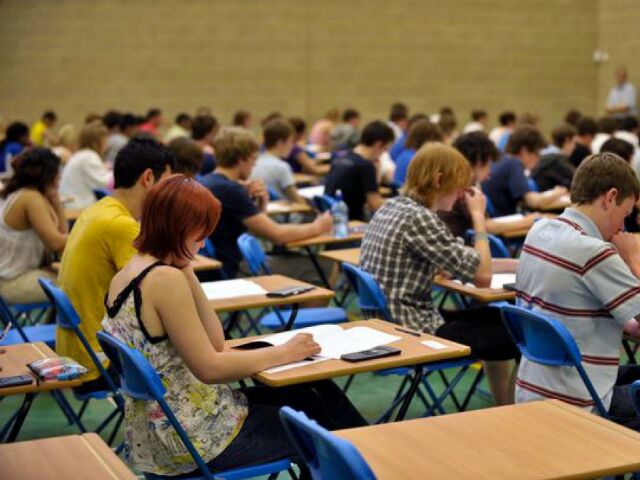
February is supposed to be the beginning of spring, a time of new life and energy, but as we continue into what feels like an endless lockdown the days can start to take a toll on our energy levels.
We all probably need a boost at the moment and no, a third cup of coffee is not the answer.
The first and most obvious way to feel less tired is to get enough sleep. DCU Healthy recommends that “students i.e. all adults should aim for between 7 – 9 hours sleep each night.”
“Lockdowns, assignments, exam and other busy periods we know may change things that’s why your routine is so important. Controlling the controllables is key,” said Caroline Mahon from DCU Healthy.
It is also important that your sleep is restful. Screen time, anxiety and lack of routine are three big contributors to a poor night’s sleep according to the HSE.
These factors are being experienced by almost everyone at the moment as they worry about rising Covid-19 cases or they’re stuck in front of a computer all day without the stimulation and routine of attending work or college.
The HSE recommends creating a rigid sleep schedule (no late nights watching Netflix or setting your alarm an hour later) and having a routine before you go to sleep.
You should do something that relaxes you before going to sleep according to the HSE and it can also help to have something to motivate you to get out of bed in the morning.
DCU Healthy also recommends that students should try and reserve their bed for sleep or sex only.
“We know a lot of you are using your rooms to study, so make sure you don’t work from your bed. Tidy your desk each evening and use things like smell and lighting to change the feel of your room in the evening,” said Mahon.
However, the amount of sleep you get is not the only factor that leaves people feeling tired and sluggish.
Boosting your mood by doing something during the day that you enjoy can help you feel energised according to verywellmind.com.
In the middle of a long day of classes taking part in a hobby or sport that you really enjoy can help clear your mind and leave you feeling more energised.
This can also help to reduce stress and anxiety, as immersing yourself in something you enjoy can provide a distraction from whatever else is going on around you.
The food you eat can also affect your energy levels. Foods high in protein or fibre can keep you fuller for longer and prevent you from hitting a slump. It is also important to stay hydrated according to healthline.com as not drinking enough water can leave you less alert.
However sometimes all of this doesn’t work and then it might be time to consider carving out a short amount of time in your day for a nap.
According to John Hopkins Medicine naps can be beneficial but it is recommended that if adults are taking a nap during the day they limit it to between 30 and 90 minutes. Any longer and it can leave you feeling groggy and it could disrupt your sleep at night.
As seen here, most advice on feeling less tired focuses on listening to your body and knowing what you need. There are so many contributing factors to tiredness and what works for one person may not work for another.
Aoibhín Meghen
Image Credit: SleepDisorders.com



